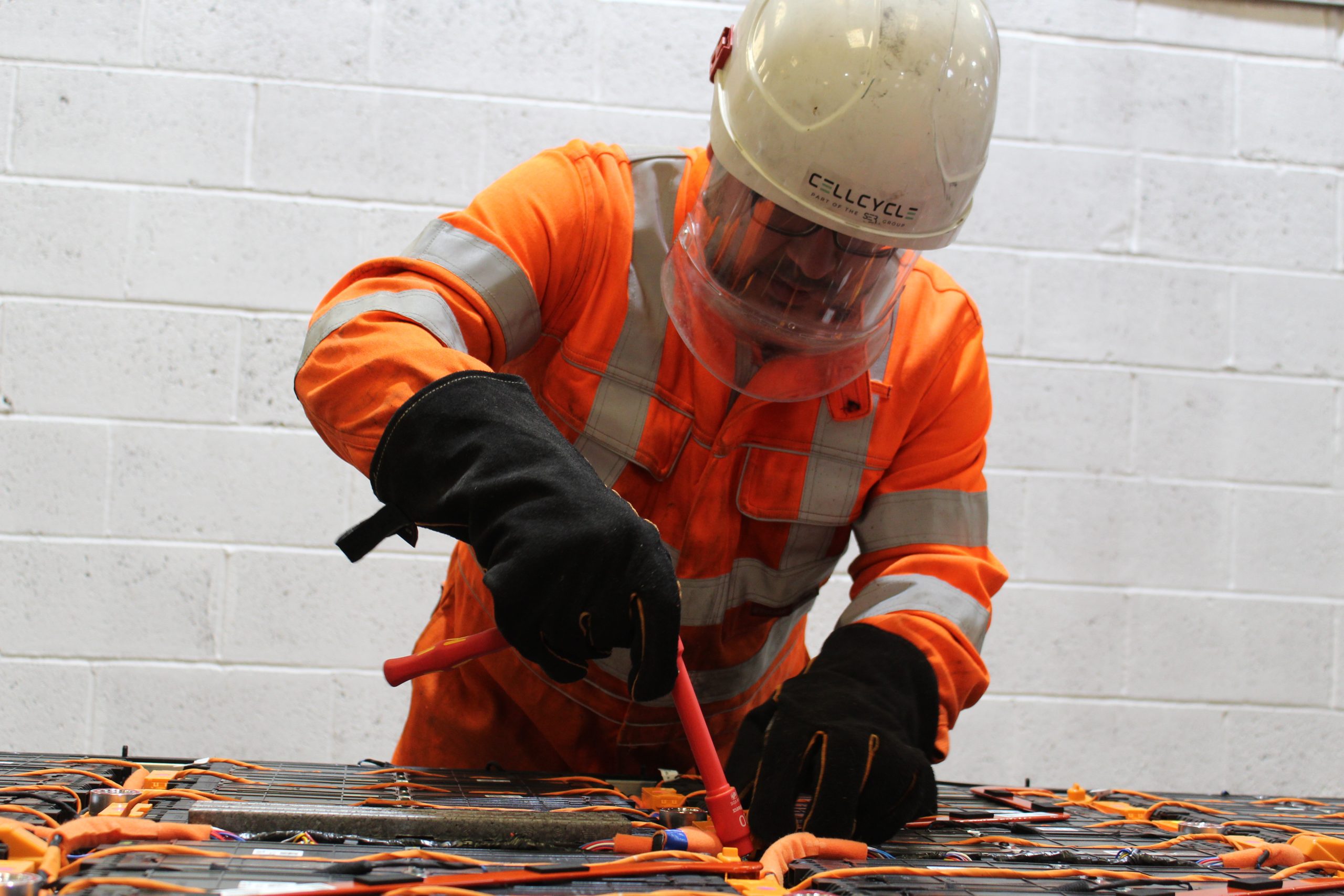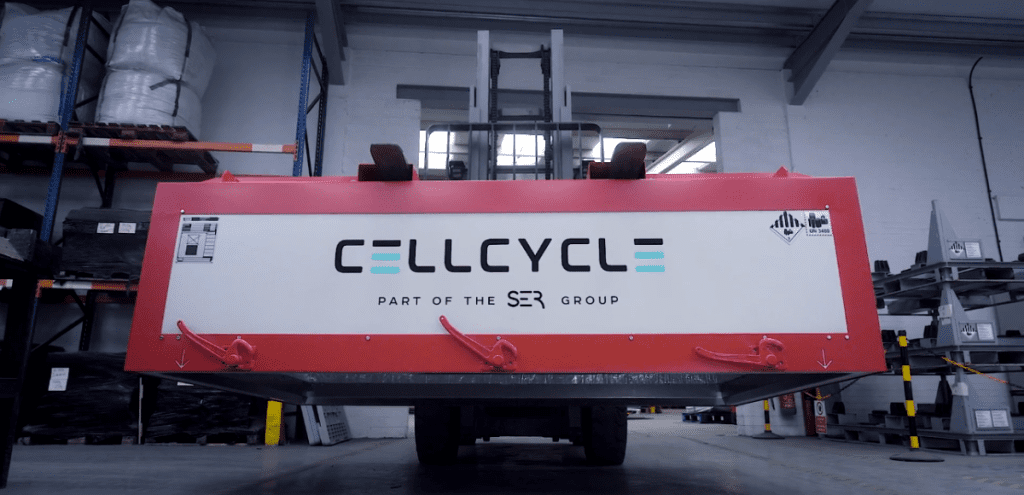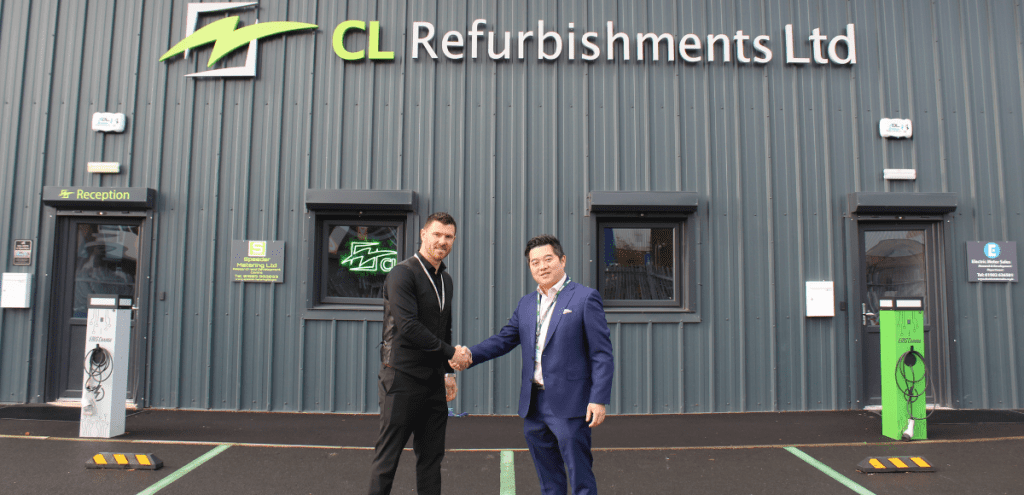As the world continues to shift towards environmentally friendly transportation, the rise of electric vehicles (EVs), including hybrids and electric cars, has become a pivotal element in the journey towards a sustainable future. However, this shift brings about a significant challenge: The responsible disposal of hybrid vehicle batteries. With the over 590,000 numbers of Plug-in hybrids on the road in the UK , the importance of environmentally responsible recycling practices cannot be overstated.
At the forefront of tackling the challenge of sustainable battery disposal, Cellcycle stands out as the UK’s leading Lithium-ion battery recycler. We are renowned for our dedication to proper, safe, and environmentally responsible recycling of batteries from hybrid vehicles. This blog post delves into the crucial role of responsible recycling practices for a sustainable future, highlighting our capabilities and the increasing demand for our services.
Hybrid vehicles combine traditional internal combustion engines with electric powertrains and primarily use two types of batteries: nickel-metal hydride (NiMH) and lithium-ion (Li-ion). Each type of battery presents unique environmental implications and recycling requirements. The recycling process, intricate in nature, aims to recover valuable materials such as lithium and nickel, along with other metals used in the batteries, to prevent them from ending up in landfills and causing environmental harm.
The battery pack of a hybrid vehicle, particularly its high-voltage component, comprises a complex assembly of many cells, all requiring careful handling during recycling. As the automotive industry expands, the demand for specialized recycling services capable of managing the disposal of batteries from electric vehicles (EVs), including both hybrids and all-electric models, in an environmentally responsible way, also grows.
We stand out by offering a comprehensive recycling solution that ensures almost complete recovery of these materials. Our process not only supports the automotive industry’s need for sustainable materials but also mitigates the environmental impact associated with the disposal of car batteries. This is especially critical given the expected increase in the number of electric cars, which will inevitably lead to a higher volume of used batteries needing recycling.
Moreover, our approach to battery recycling underscores the importance of a circular economy within the automotive sector. By recycling battery packs and cells, we contribute to creating a sustainable loop that reduces the need for new raw materials, decreases waste, and supports the production of new battery packs from recovered materials. This approach not only benefits the environment but also the industry by promoting sustainability and reducing costs associated with raw material procurement.

The challenge of recycling hybrid and electric vehicle batteries is monumental, given their complex chemistry and the high standards required for handling and processing. However, we are paving the way for a more sustainable automotive future through our expertise in the EV battery recycling sector. Our efforts ensure that as the number of hybrids and electric vehicles continues to grow, so does our capacity to effectively manage their environmental footprint.


